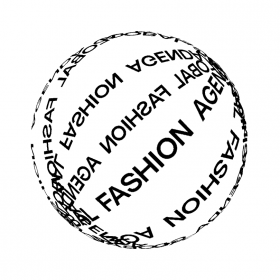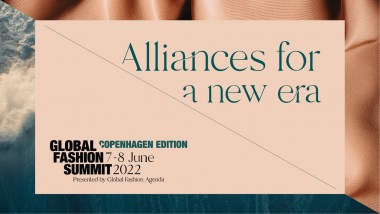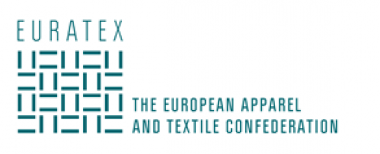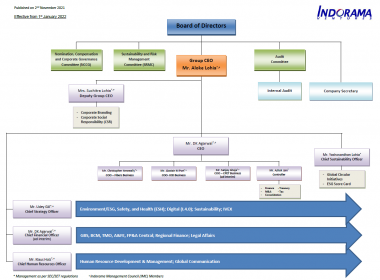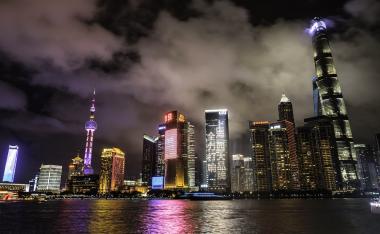Global Fashion Agenda and UN Climate Change Secretariat join forces
Global Fashion Agenda (GFA), the non-profit organisation that fosters collaboration on sustainability in fashion to drive impact, has forged a new alliance with UN Climate Change secretariat (UNFCCC) to accelerate the fashion industry’s climate action.
The Fashion On Climate report projects that if the fashion industry does not accelerate its response to climate change, by 2030 it will produce around twice the volume of greenhouse gas emissions required to align with the Paris Agreement global warming pathways by 2050. With the urgent need for industry transformation, the new alliance between GFA and UNFCCC will accelerate the impact of the UN Fashion Industry Charter for Climate Action which aims to drive the fashion industry to net-zero emissions no later than 2050 in line with keeping global warming below 1.5 degrees.
The collaboration will be activated around the organisations’ prestigious forums including GFA’s Global Fashion Summit and UNFCCC’s annual Conference of Parties (COP). Through these forums, the organisations will collaborate to unite fashion leaders and core stakeholders to facilitate knowledge sharing, impactful partnerships, and the implementation of bold actions needed to meet the Fashion Charter targets.
Global Fashion Summit: Copenhagen Edition 2022, the leading international forum for sustainability in fashion, will take place on 7-8 June in the grand setting of the Royal Opera House, Copenhagen, Denmark. Under the theme ‘Alliances For a New Era’ - the Summit will endeavour to form previously inconceivable alliances within the fashion industry and also examine atypical cross-industry alliances, in a bid to accelerate the transition to a net positive reality.
UNFCCC will, through the Fashion Charter, contribute to the Summit content, where they will share insights on its progress and what further solutions are needed. UNFCCC will also hold its annual Fashion Charter meeting at the Summit, where the organisations will convene relevant experts to join resources and discuss tools that can enable the sector to achieve its climate targets laid out in the charter. The alliance will also continue for future editions Global Fashion Summit in other locations, in addition to Copenhagen.
Beyond the Summit, GFA and UNFCCC will continue to work together to elevate publications and reports, such as the Fashion CEO Agenda, and inform Fashion Charter meetings during COP27 to raise awareness among leaders on the most pressing issues and priorities and urging commitments from industry leaders to drive change within social, environmental and circular dimensions.
Federica Marchionni, CEO, Global Fashion Agenda, says: “GFA is striving to create impactful alliances that can accelerate the fashion industry’s transition to a net zero reality. We are therefore thrilled to be collaborating with UNFCCC as its Fashion Charter is an essential tool to mobilise the necessary industry transformation. Through our collaboration, we hope to bring together core fashion stakeholders, foster pre-competitive collaboration and provide even deeper insights and guidance to advance progress.”
Niclas Svenningsen, Climate Action manager, UNFCCC, says, “We are excited for this opportunity to reinforce our collaboration with the Global Fashion Agenda. The climate crisis is today the paramount issue for the fashion sector to address. While the Fashion Charter brings together a wide range of stakeholders to work collaboratively on solutions, the Global Fashion Agenda is an important venue for broader sustainability discussions in the fashion sector. We see many opportunities for further strengthening and highlighting both the sustainability and the climate work through this collaboration.”
Global Fashion Summit Global Fashion Agenda United Nations Framework Convention on Climate Change UNFCCC
Global Fashion Agenda


